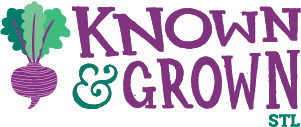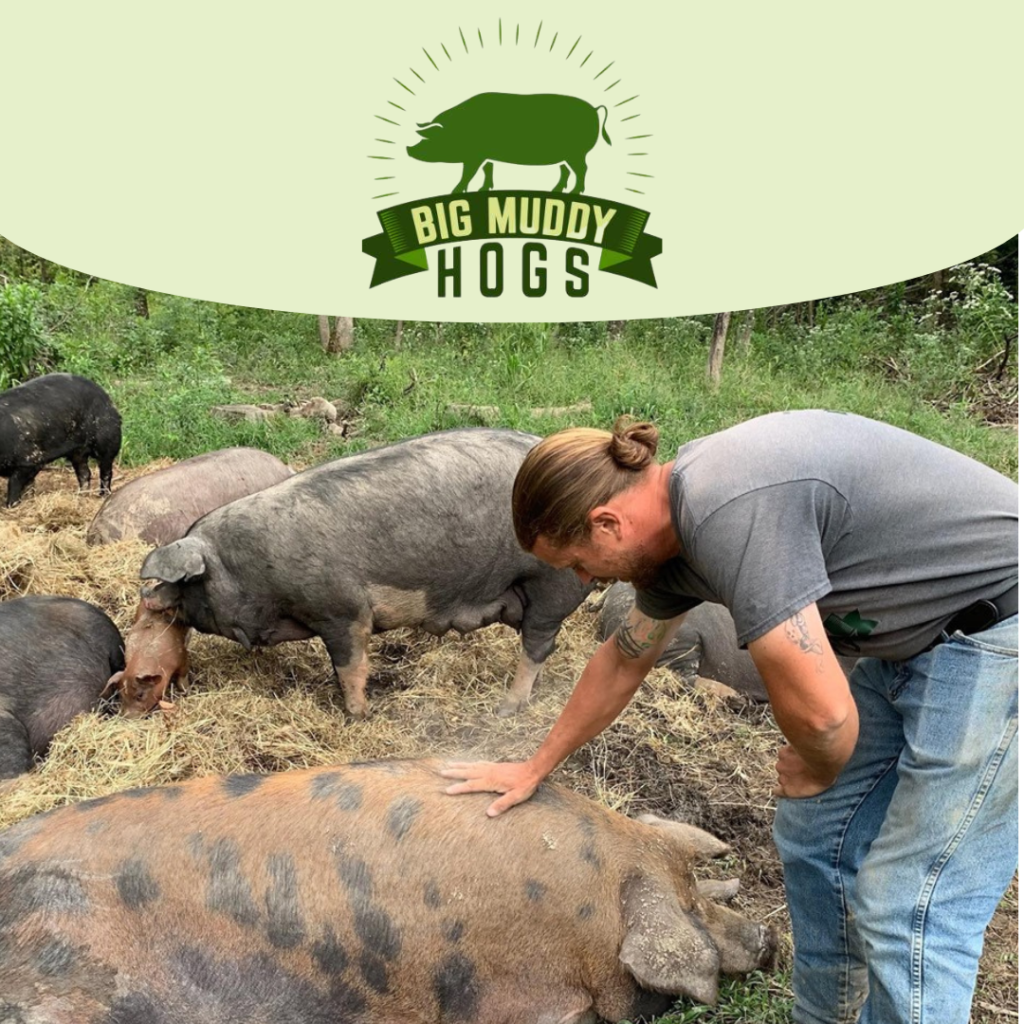
“Big Muddy Hogs offers pasture-raised pork and chicken using regenerative practices.”
Our mission is to produce clean, sustainable, humanely raised pork and poultry for our local food shed. We raise heritage breed Mulefoot & Red Wattle hogs on pasture with no antibiotics ever. We’re a farrow to finish farm so we maintain a breeding herd to produce all of our piglets. This helps us to be sustainable and produce a consistent premium quality product for our customers.
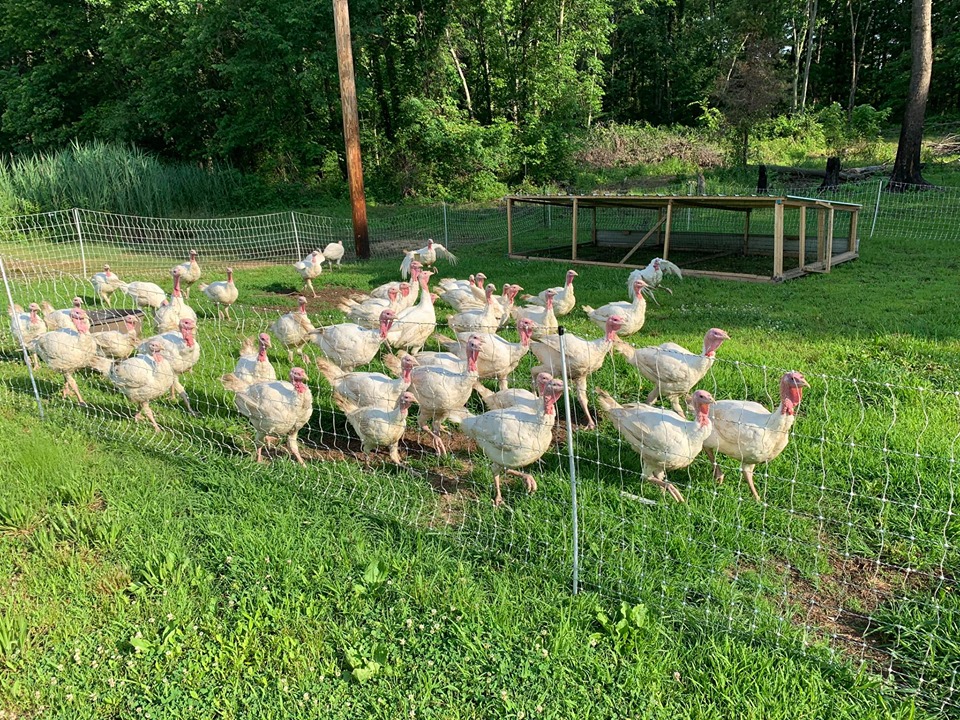
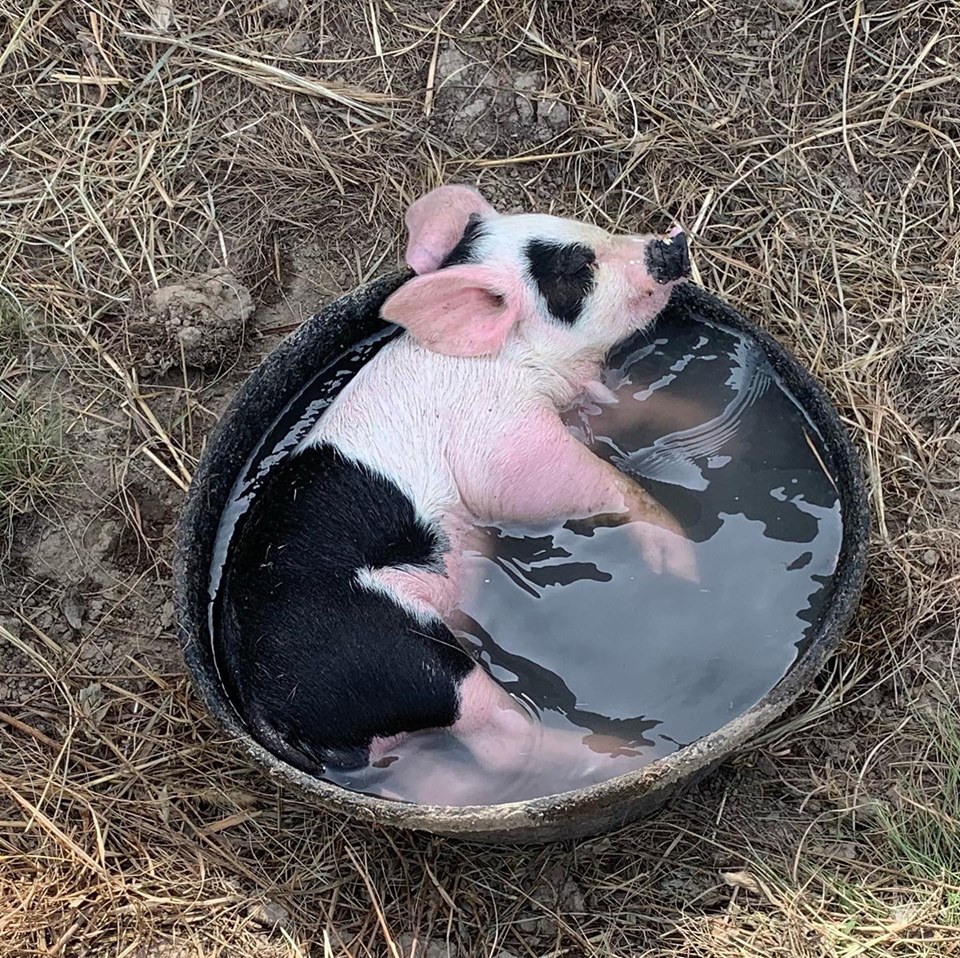
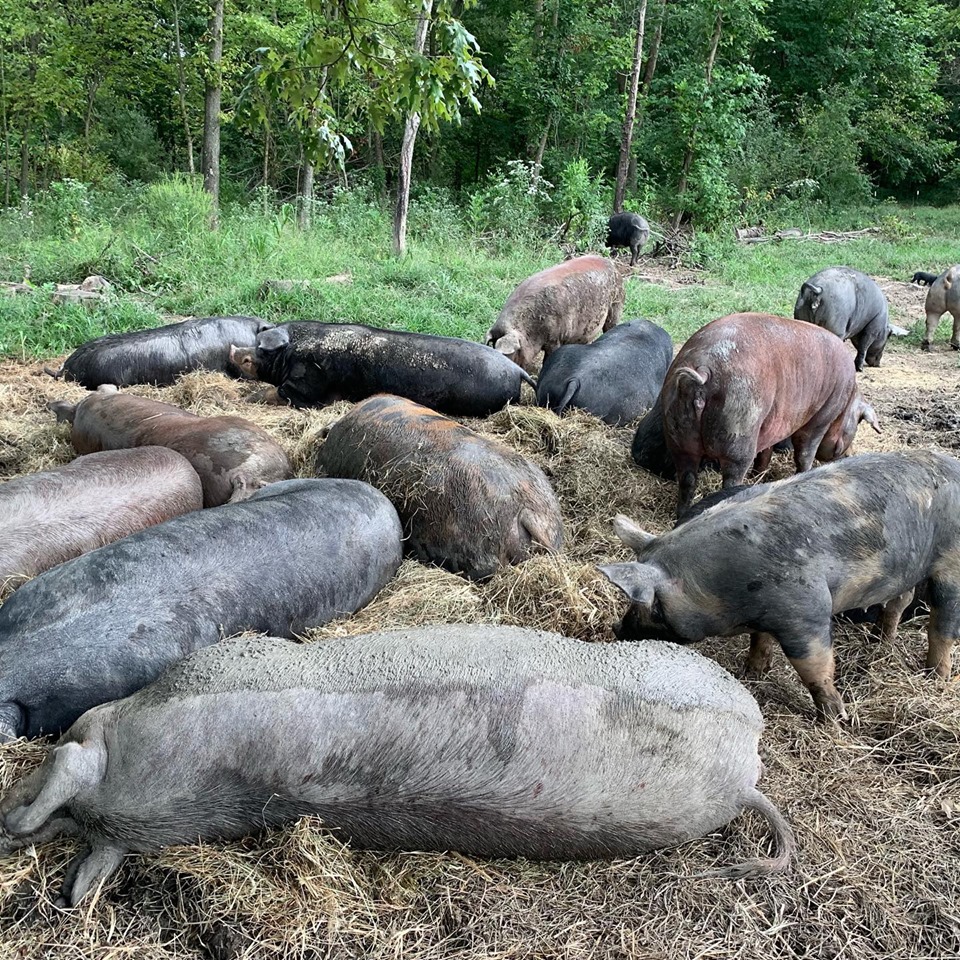
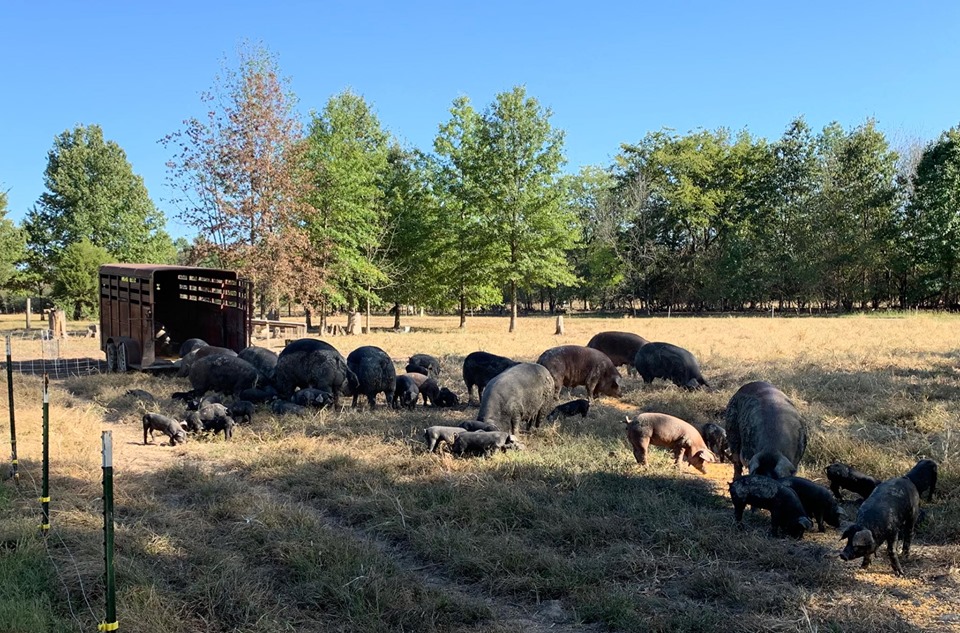
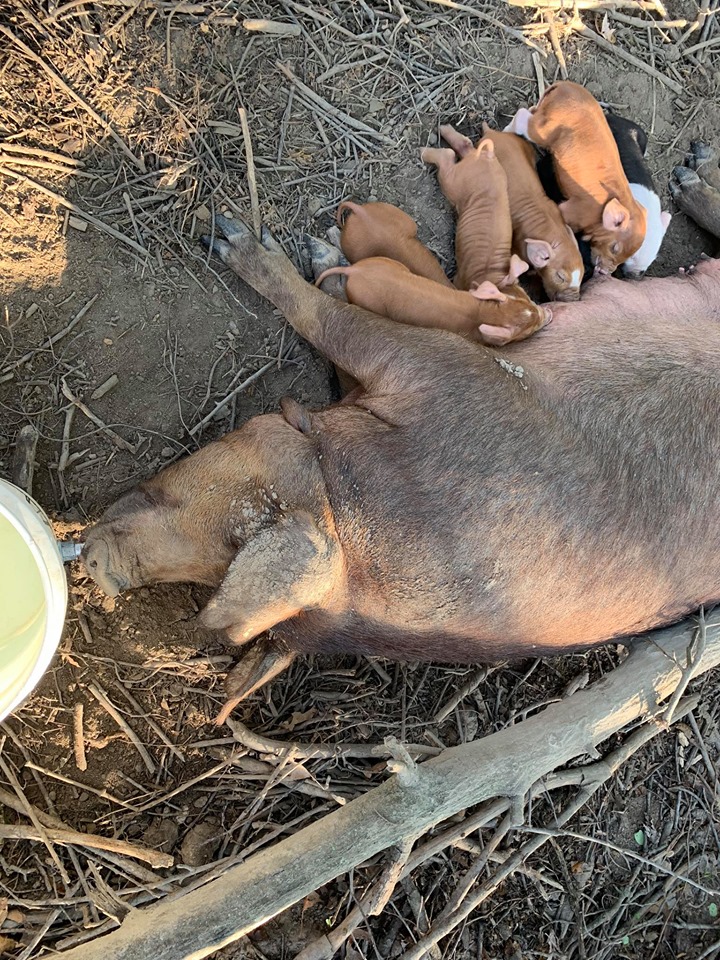
Visit our Farm!
Location
300 Adams street #572
Hurst, IL 62949
Visiting Hours
8am – 6pm
Shop with us.
300 Adams street #572
Hurst, IL 62949
Daily 8am – 6pm
Big Muddy Farmers Market
Sundays 12 – 4pm
More about our Farm
Farm Size
30 acres
Products
- Pork
- Chicken
- Eggs
- Turkey
Herd Size
24 sows, 2 boars, 200 feeder pigs
2,000 broilers (per year)
30 laying hens
Animal Feed
Animals are allowed to forage with supplemental feed.
Rotation
- Laying hens: free roaming
- Broiler chickens: moved daily
- Hogs: rotated every 1-3 weeks
- Turkeys: rotated weekly
- All animals (except broilers) are raised within electrified net fencing; broilers are raised in field shelters called chicken tractors. All housing is mobile, built on skids or trailers, to move with the animals throughout the season.
Conservation Practices
- Integrated pest management
- Riparian herbaceous cover
- Field border
- Fencing animals to prevent them from entering waterways
- Grazing management plan
Additional Practices
- No nose rings in hogs
- No docked tails for hogs
- Heritage breeds like black Mulefoot and Red Wattle hogs
- No forced weaning for hogs
- No debeaking chickens
